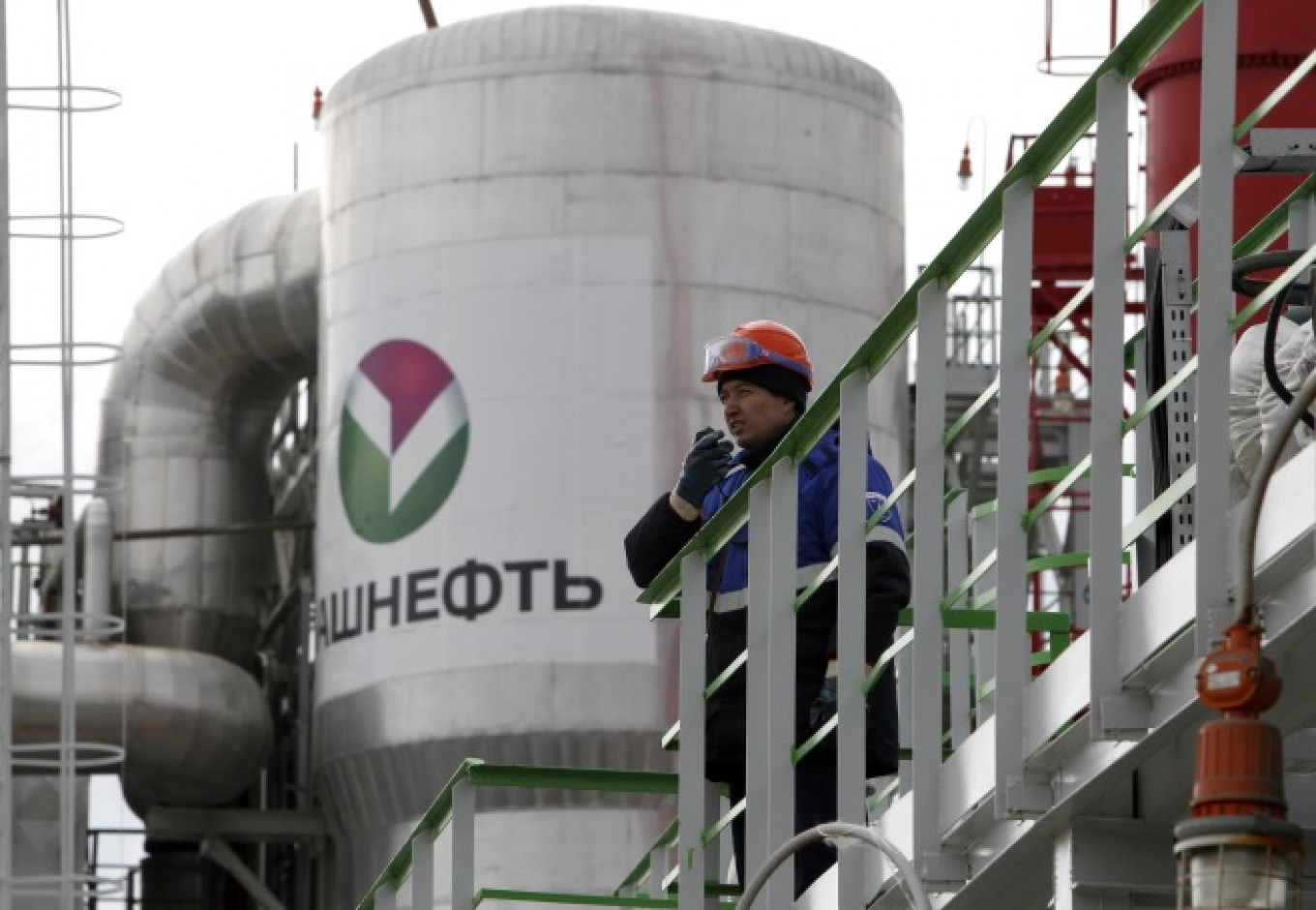
America and EU Ban Russian Oil Shipments: Risky Card To Play
(Vietnam) on 10 March 2022
by Le Hong Hiep (link to original)
On March 8, President Joe Biden announced a ban on all U.S. imports of oil and gas from Russia. Following in America’s footsteps, the U.K. announced it would cease importing oil from Russia between now and the end of the year. It’s possible to predict EU nations will also be under pressure to take part in this shipping ban.
If so, a new battlefront in the energy sector will be opened, intensifying Russia’s isolation from the global economy after initial steps like freezing the Central Bank of Russia’s assets and disconnecting certain Russian banks from the Society for Worldwide Interbank Financial Telecommunication.
The question now is whether the energy card be as feasible and effective as the U.S. and its allies desire, and moreover, what the impact on the global economy will be.
Why is the U.S. Acting Drastically?
It can be observed that America will not sustain excessive losses from the decision described above. According to data from The Financial Times, last year, the U.S. was the largest petroleum market in the world, consuming around 20 million barrels of oil each day, including 8.5 million imported barrels. However, oil from Russia only makes up around 8% of import volume.
Thus by banning Russian oil, the U.S. may be oil-deficient in the short term, especially in heavy crude oil commodities which are suitable for several oil refineries in America. However, the U.S. can quickly try to compensate from other sources.
For example, the U.S. can encourage domestic producers to increase output, especially with shale oil, which received significantly expanded investment before the COVID-19 pandemic reduced demand.
Additionally, news in the past few weeks shows that the U.S. is rushing to encourage oil-producing countries in OPEC+, especially Saudi Arabia, to increase output.
Besides sourcing oil from strategic oil reserves, the U.S. is also promoting agreements to loosen petroleum shipment bans from Iran and Venezuela.
For European nations, participating in a ban on Russian oil and gas shipments will be a much harder decision, especially regarding gas. Specifically, according to The Economist, one-fourth of Europe’s energy supply comes from gas, and currently, Russian sources make up more than 40% of Europe’s gas energy supply.
The gas supply sources for certain countries like Austria, Finland and Lithuania are completely dependent on Russia. Other nations also have a remarkable level of dependence, like Italy (40%), Germany (almost 60%), Poland (over 70%) and Slovakia (almost 90%).
Because of this, ceasing gas imports from Russia will be a difficult decision for leaders of EU nations, especially as increasing inflation makes things harder for their people and economies.
Nevertheless, faced with American pressure as well as the desire to express a unified position in opposing Russia’s security threat, there is a high chance European nations will gradually participate in the ban with the U.S. and the U.K..
The EU’s Choices
The EU had a plan to reduce its dependence on Russian gas by two-thirds this year. The bloc has also said it is considering issuing public bonds on a large scale to make up for energy expenses should costs increase if a ban on Russian gas shipments is applied.
In the short term, the good news for Europe is that this winter has already passed, reducing demand for gas sourced from Russia. EU nations have a period of time before winter returns to prepare to disconnect from Russian gas sources.
For example, they could increase gas source reserves for several months this summer while buying gas from Russia is still possible, or increase replacement supply sources, such as liquid natural gas. Europe currently has many LNG reserves, and regasification infrastructure is under capacity, especially in western Europe.
However, the problem is that the contracts which supply LNG are usually signed long-term, so they would have to wait for certain other countries to agree to concede a portion of their signed LNG contracts to Europe.
Additionally, they could also rely on LNG contracts signed for immediate delivery, but the price for this would be significantly higher.
The other choices the EU could consider are restarting or extending the operations of nuclear power plants, especially in Germany, where many nuclear power plants were closed after the Fukushima nuclear catastrophe in Japan in 2011.
Increasing renewable energy sources, especially wind power, is also a possibility. However, generating wind power requires time and can get complicated when meeting objections from local residents in certain countries.
For this reason, in the short term EU nations will not hurry but will gradually participate in the ban on Russian oil and gas shipments. And in the long term, if the hostilities in Ukraine stretch on, the chances are high that the U.S. and EU will be able to achieve agreements on the energy front.
For other nations across the world, although the U.S. and EU ban are not mandatory, they will have to deal with diplomatic pressure from the U.S. and its allies as well as the moral responsibility of expressing their positions toward Russia. Because of this, there is a high chance certain countries will also participate in the retaliatory ban promoted by the U.S.
As that is going on, if supply sources from other members in OPEC+ and replacement energy sources cannot be expanded in time, the prospect of oil prices increasing to $200-$300 per barrel is not far off, leading to the possible return of a petroleum crisis like the one in the 1970s.
If so, world economies, including Vietnam’s, may come face to face with a great deal of difficulty and instability in the coming times.
